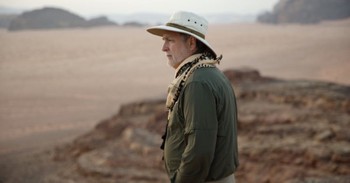5 Biblical Lessons on Race from Green Book
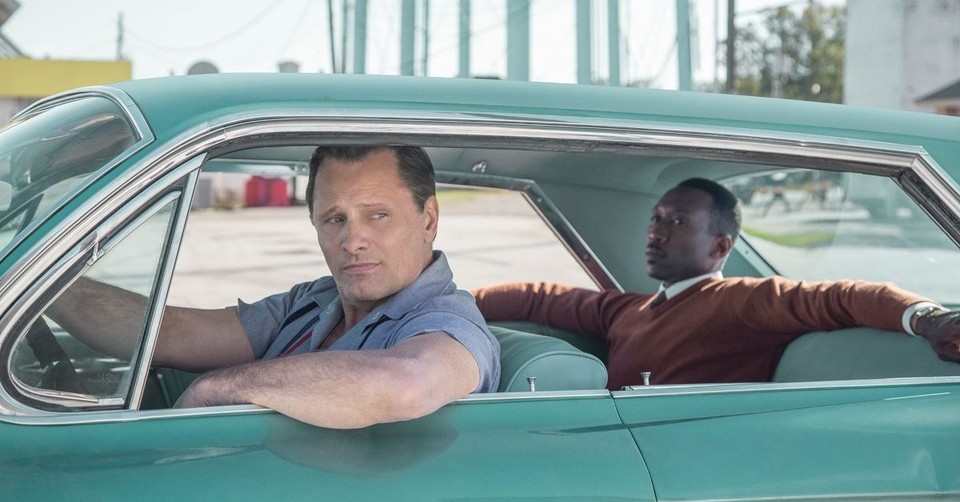
Green Book won three Oscars at this year’s Academy Awards and received high praise from moviegoers, too, with a rare A+ CinemaScore when it was released in theaters last year.
Its nomination was controversial in some circles, yet the film’s story teaches several biblical lessons about race we all should learn.
The PG-13 movie follows famous classical pianist Don Shirley, an African American who goes on a tour of the segregated Deep South in the early 1960s and hires a white Italian American, Tony “Lip” Vallelonga, to be his chauffeur and bodyguard.
Green Book won Oscars for Best Picture, Best Supporting Actor (Mahershala Ali as Shirley) and Best Screenplay.
Here are five biblical lessons about race from Green Book:
Photo courtesy: Universal
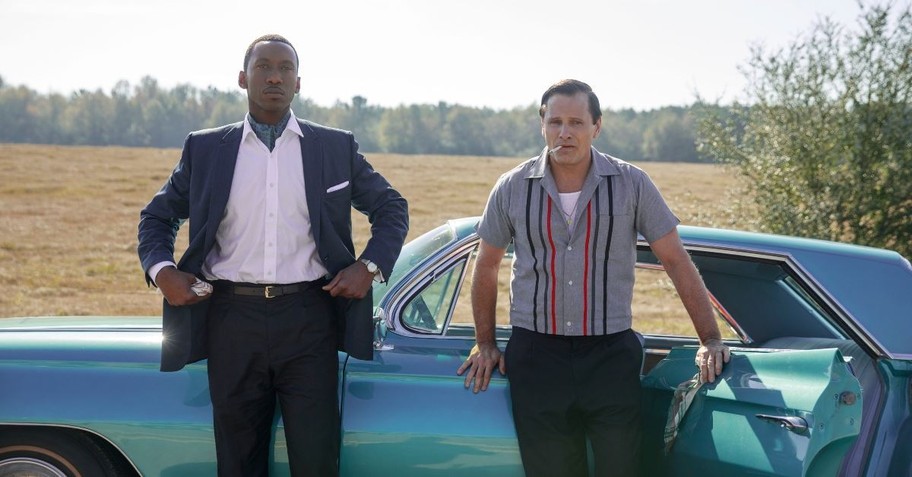
Confronting Evil Takes Courage
Don Shirley is the hero in this story, on the big screen and in real life. He could have made his money by performing comfortably in the North and Midwest, but instead went to the segregated Deep South in the early 1960s, knowing that confrontation was possible. His goal: transform the hearts and minds of racists who enjoyed his music but hated his skin color. Violence wasn’t theoretical. Just a few years earlier, African American singer Nat King Cole had been assaulted on stage in Birmingham by members of the KKK. Cole also had a national TV show in 1956-57 that was cancelled because companies were afraid to sponsor a television series with a black host. This is the environment that Shirley entered when he crossed into the South. Green Book executive producer Octavia Spencer said Shirley’s tour displayed the “humanity” of black people “in a way that they had not been regarded” during the era.
“It takes courage to change people’s hearts,” one of his band members says in the film. The Bible would agree.
Photo courtesy: Universal
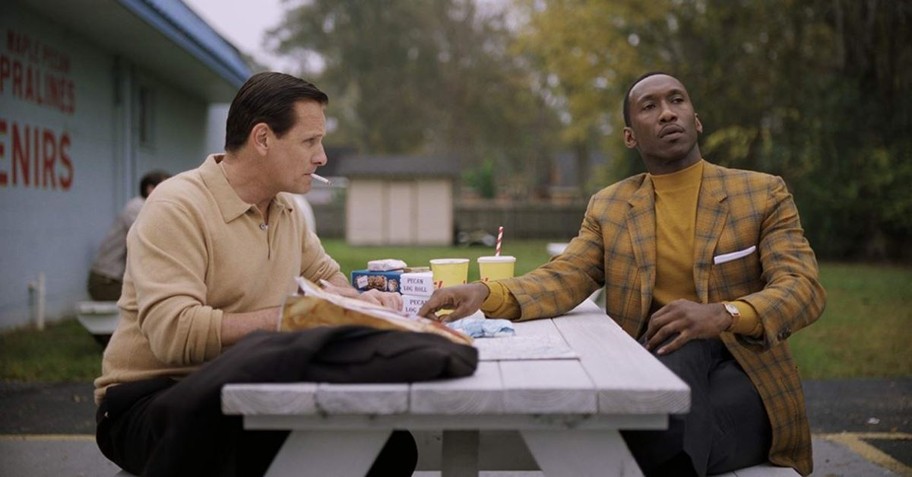
Racism is Ugly
In Raleigh, N.C., Shirley is performing before a whites-only audience at a large mansion when -- during a break -- he asks for the location of the restroom. He is told to use the outhouse. (He instead opts to drive back to his motel.) In Macon, Ga., he notices a sharp new suit in a store’s window display, but is told by the worker that only whites are allowed to try on clothes. In Birmingham, Ala., he is set to play in front of 400 guests at a whites-only restaurant, but is informed he can’t dine with them. (They’ll bring food to his dressing room, he is told.) In Louisville, Kentucky, Shirley is beaten up for trying to get a drink in a whites-only bar.
Of course, all sin is ugly, but racism denies a basic core tenant of Scripture: that all people are made in the image of God (Genesis 1:27). “I can bear witness that the portrait of that time and place in our history is very real,” Rep. John Lewis, a friend of Martin Luther King Jr., said during the Oscars Sunday night, referencing the film’s segregated backdrop. “It is seared in my memory. Black men and women, our brothers and sisters, treated as second-class citizens, threatened for raising their family or earning a living, beaten and sometimes killed for the crime of trying to live a life with dignity.”
Photo courtesy: Universal
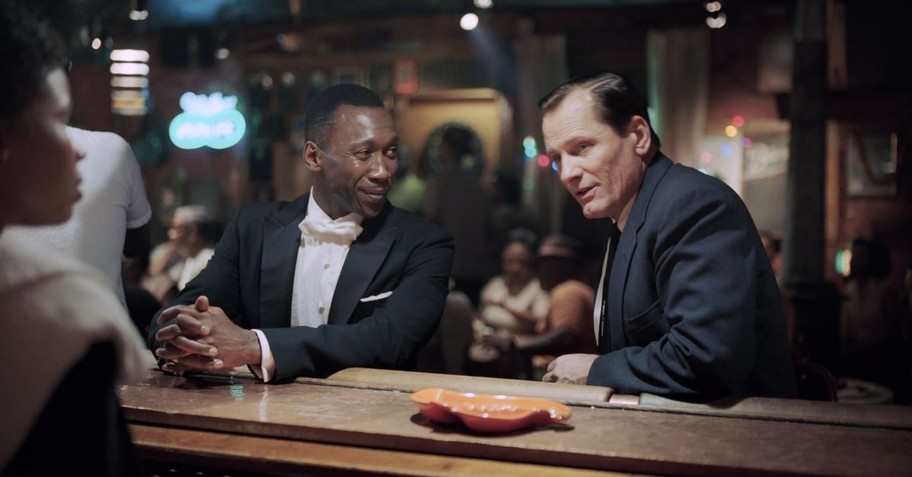
We Can Be Blind to Sin
Tony “Lip” Vallelonga agrees to be Shirley’s chauffeur and bodyguard even though he, himself, is racist. Yet, prior to the tour, we see him and his family praying to “Christ our Lord.” This illogical dichotomy – loving God but hating your fellow man – extends to the South, where Shirley faces hatred from the very people who supposedly are the most religious. How is this possible? How could people who professed to love Jesus have supported a segregated society? Didn’t they read their Bibles? As R. Albert Mohler Jr. wrote, professing Christians of the era had “ripped” Bible verses “out of their historical, literary, and theological context” to defend their beliefs. They ignored the plain reading of Scripture. They were blind to their own sin.
The Bible is clear on racism. Jesus died for people of all races (John 3:16). He commanded us to love one another (John 13:34). The Apostle Paul wrote, “There is neither Jew nor Gentile, neither slave nor free, nor is there male and female, for you are all one in Christ Jesus” (Galatians 3:28). It’s impossible to love God, obey the Bible and hate your neighbor.
Photo courtesy: Universal
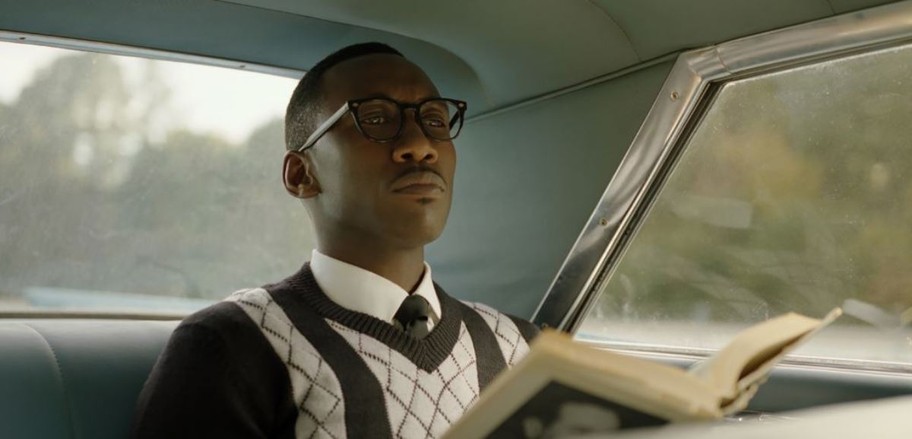
Nonviolent Protests Work
Green Bookcontrasts the tough-talking, punch-throwing ways of Vallelonga and the dignified, nonviolent character of Shirley. Their differences come to a head in Mississippi, when the two end up in jail after Vallelonga hits a policeman who had insulted them with racial epitaphs. “You never win with anger,” Shirley tells Vallelonga. “... Dignity always prevails.” By using nonviolence – that is, never responding to evil with evil (Romans 12:17) – Shirley exposed the demonic, illogical sin of the South. And he did it with a piano. “Nonviolence is a powerful and just weapon,” MLK said. “Indeed, it is a weapon unique in history, which cuts without wounding and ennobles the man who wields it.” MLK’s strategy worked.
Photo courtesy: Universal
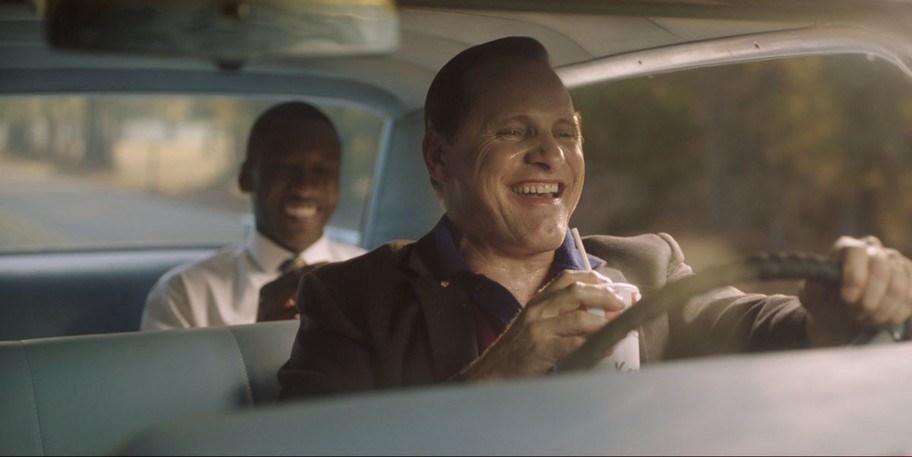
Hearts Can Change
Shirley and other African American musicians like him helped change hearts and minds through their music. Perhaps the white children and teens of the South didn’t hang out with black children and teens, but they all listened to the same music, by artists of both races. It played a key role in ending segregation. It demonstrated their shared humanity. It highlighted the Imago Dei in each person. “The music was very instrumental, and it helped the races connect during a time of bigotry and racism,” said Syl Johnson, a black artist during the time. White parents, he said, “wouldn’t let the kids listen to the records [by black artists] ... but they hid under the covers, listening to the songs on transistor radios, and when they grew up, bigotry disappeared. It’s still here, but R&B and soul music was very, very instrumental in bridging racial gaps between black and white.” The film shows Vallelonga, too, being transformed by listening to Shirley’s music but also by spending time with him.
Green Book is far from being a family-friendly film. It has an implied sexual encounter between two gay men. It has lots (and lots) of coarse language, most of it from Vallelonga. It deserves its PG-13 rating.
But its story of friendship and reconciliation, and courage in the face of racism, is one we can embrace.
Michael Foust is a freelance writer. Visit his blog, MichaelFoust.com
Photo courtesy: Universal
Originally published February 25, 2019.


